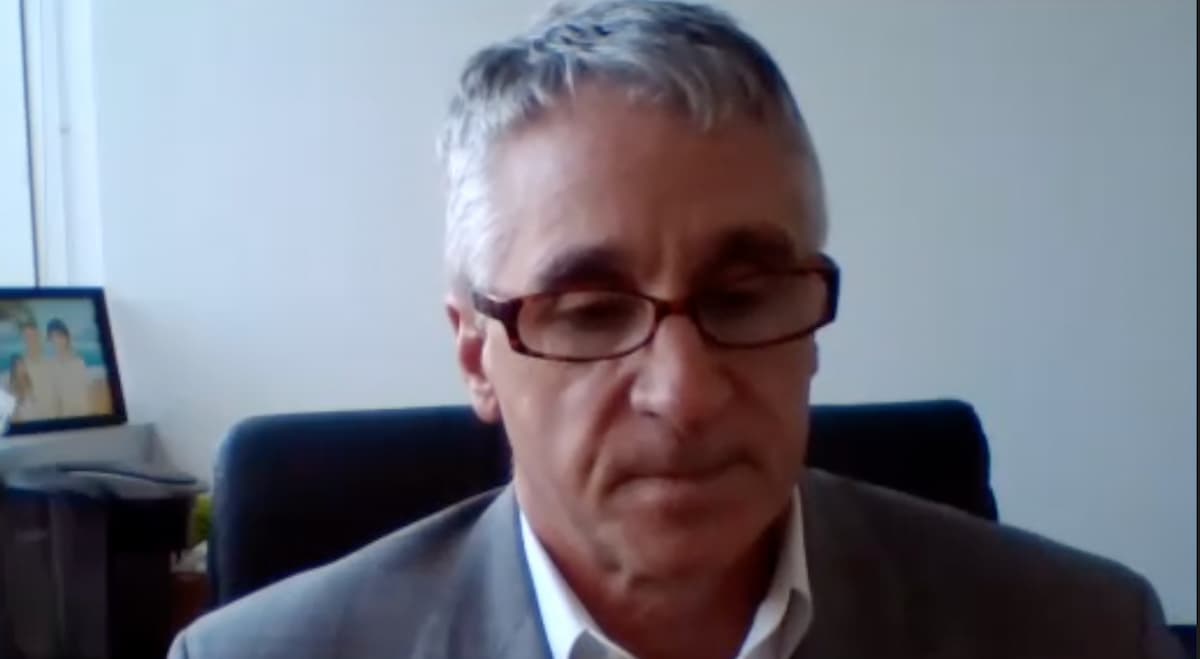
The National Corn Growers Association’s (NCGA) Corn Congress, held in Houston, Texas, voiced their strong support for the use of the GREET model in determining greenhouse gas emissions for sustainable aviation fuels. This comes at a time when the Treasury is contemplating how to measure emissions as it distributes tax credits for such fuels.
According to NCGA President Harold Wolle, the GREET model is regarded as the most reliable method for assessing reductions in greenhouse gas emissions. It takes into account the environmental impact from the farm where the corn is grown to the point when it is used in vehicles or planes. The NCGA urges the administration to adopt this model for a precise and just evaluation of corn’s environmental footprint.
The recently enacted Inflation Reduction Act mandates a .25 tax credit for every gallon of sustainable aviation fuel in a qualified blend. To be eligible for this credit, biofuels must demonstrate a minimum 50% reduction in lifecycle greenhouse gas emissions.
NCGA has been persistent in their calls for the Biden administration and Treasury Secretary Janet Yellen to utilize the GREET model, officially known as Greenhouse Gases, Regulated Emissions, and Energy Use in Transportation. This model, developed by the U.S. government, accurately measures the greenhouse gas emissions associated with corn ethanol.
During his speech at the Commodity Classic in Houston, Agriculture Secretary Tom Vilsack disclosed that the Treasury will make a decision on this matter in the forthcoming weeks. It is clear that the NCGA and other stakeholders are keen on seeing the GREET model integrated into the allocation of tax credits for sustainable aviation fuels to ensure accurate assessment of greenhouse gas emissions.


